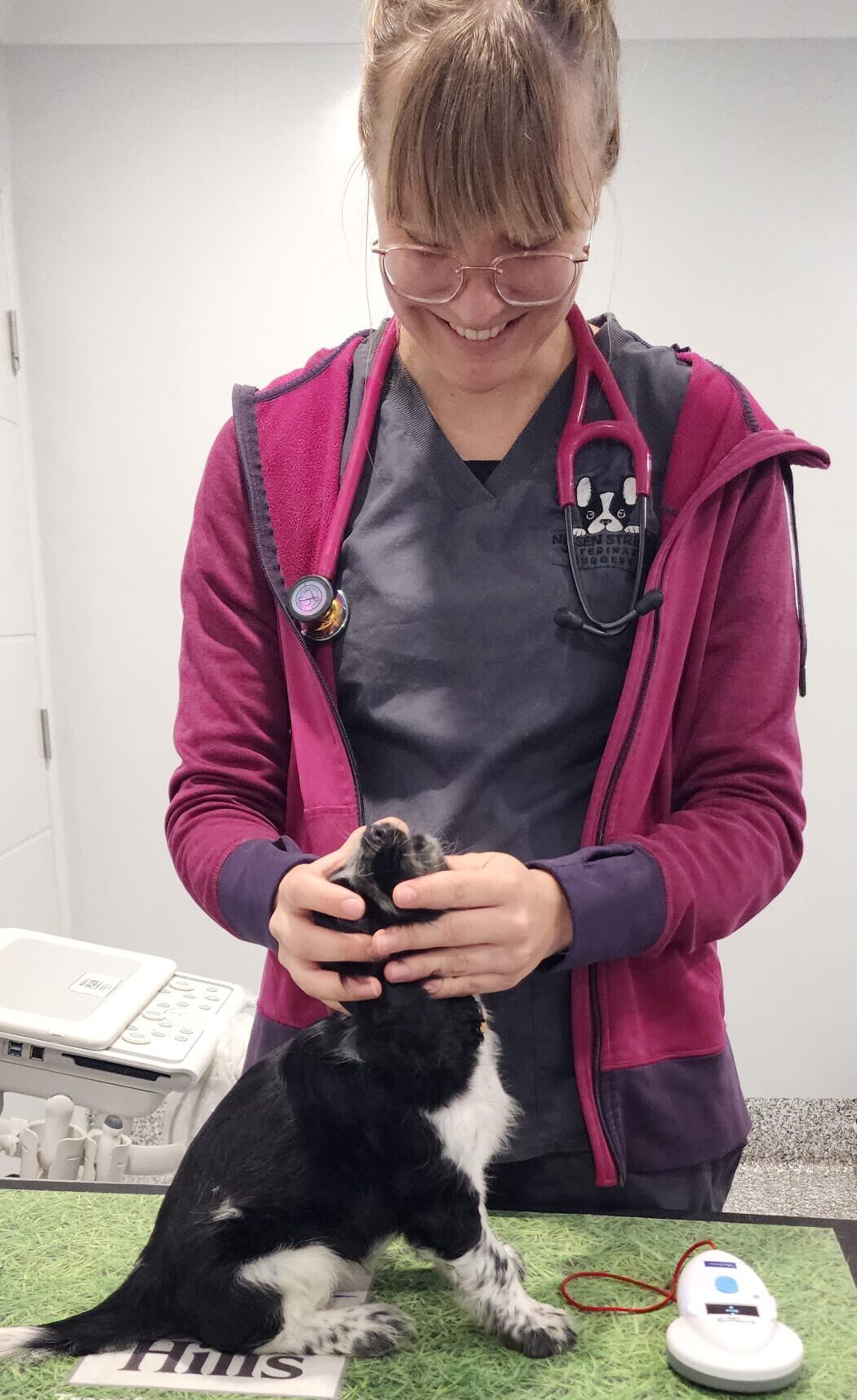Dentistry
Dental care is crucial for pets for several reasons, just as it is for humans. Here are some key reasons why dentistry is important for our pets.
- Prevention of Dental Disease
- Pain Prevention
- Overall Health
- Improved Quality of Life
- Prevention of Tooth Loss
- Early Detection of Health Issues
- Behavioural Benefits
OUR SERVICES
Dentistry for Dogs
Dental care is crucial for dogs for several reasons, just as it is for humans. Here are some key reasons why dentistry is important for dogs.
Prevention of Dental Disease
Dogs, like humans, can suffer from dental problems such as gum disease, tooth decay, and bad breath. Regular dental care can help prevent these issues by removing plaque and tartar buildup.
Pain Prevention
Overall Health
Improved Quality of Life
Prevention of Tooth Loss
Early Detection of Health Issues
Behavioral Benefits
Ready to book your appointment with our friendly team?
Remember that the specific schedule and recommendations for veterinary check-ups can vary depending on your pet’s age, species, and health status. Your veterinarian will provide guidance on how often you should bring your pet in for check-ups and what vaccinations and treatments are necessary. Regular communication with your vet is key to ensuring your pet’s long and healthy life.

